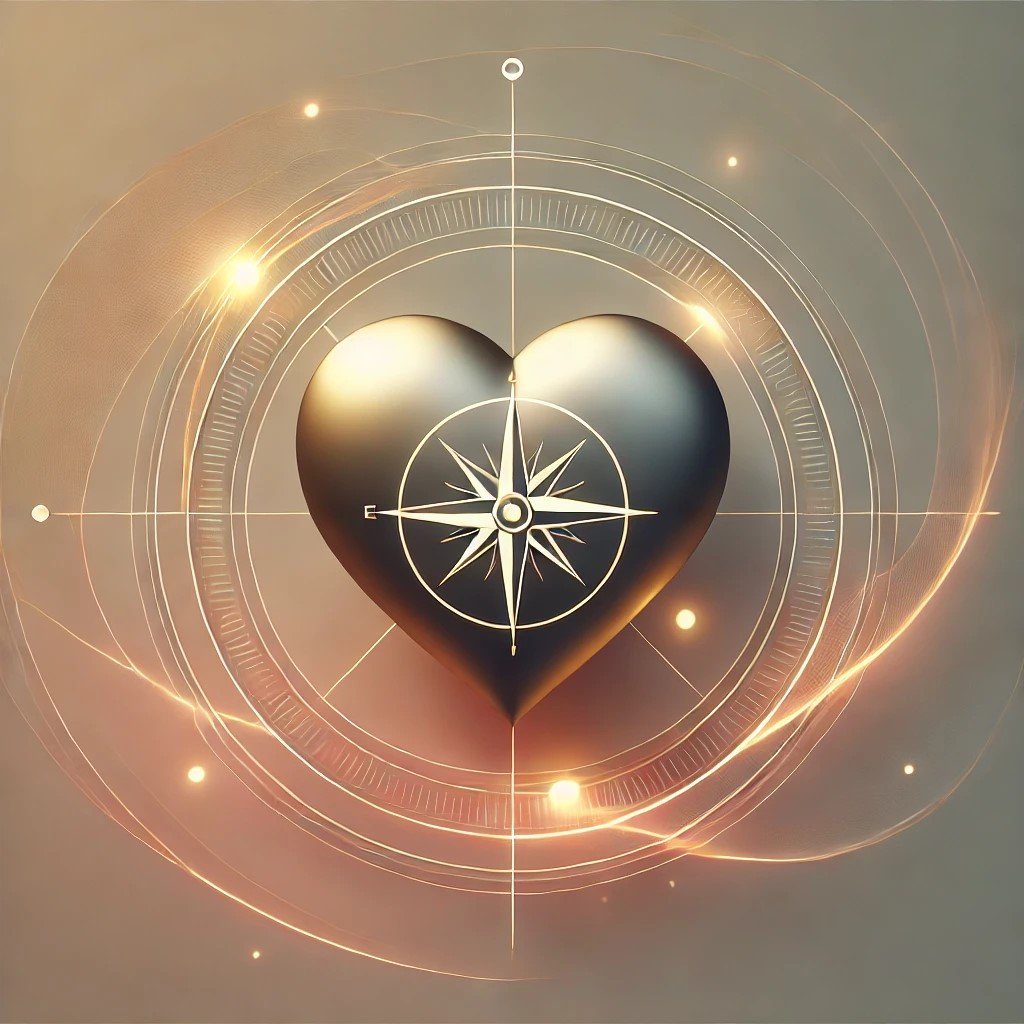A Flower without a Bee
What if the very thing that makes us who we are isn’t something we own, but something that only takes shape in response to something (or someone) else?
Read More
What if the very thing that makes us who we are isn’t something we own, but something that only takes shape in response to something (or someone) else?
Read More
Here’s how your resistance to the “tasks and rules of life” may not be something wrong with you, but something right with you.
Read More
What if there’s a better, less exhausting way to move through life than trying to love yourself?
Read More
What happens when leaders and decision-makers portray vulnerability as weakness, doubt as incompetence, and suggest that to admit fault is to invite annihilation? If the ability to tolerate uncertainty, remorse, or dependence is what makes us fully human, then what happens when we seek their erasure?
Read More
There’s a lot of talk about boundaries in modern psychology, and for good reason. And yet, are they always helping us? In protecting ourselves, could we also be cutting ourselves off from opportunities for the very connections we crave?
Read More
When therapy demands strict control, it risks teaching the same lesson that anxiety has already imposed—that uncertainty is intolerable and must be eliminated.
Read More
Feeling less attracted to your partner can be unsettling, but what if it’s not a sign that something is wrong with them—or you? What if this feeling is precisely the gift you and your partner need to reconnect?
Read More
What if the hardest struggle as therapists is not improving our outcomes, but accepting our inadequacy?
Read More
Do modern approaches to therapy rely too heavily on external tools and imagined supports to guide clients through their pain? What if the true healing potential lies not in these resources, but in our ability to stay fully present and attuned to them in the here-and-now?
Read More
What if your loftiest of values, as noble as they are, fail to guide you when emotions are at their peak? Could it be that we get in our own way when we aspire to be more?
Read More